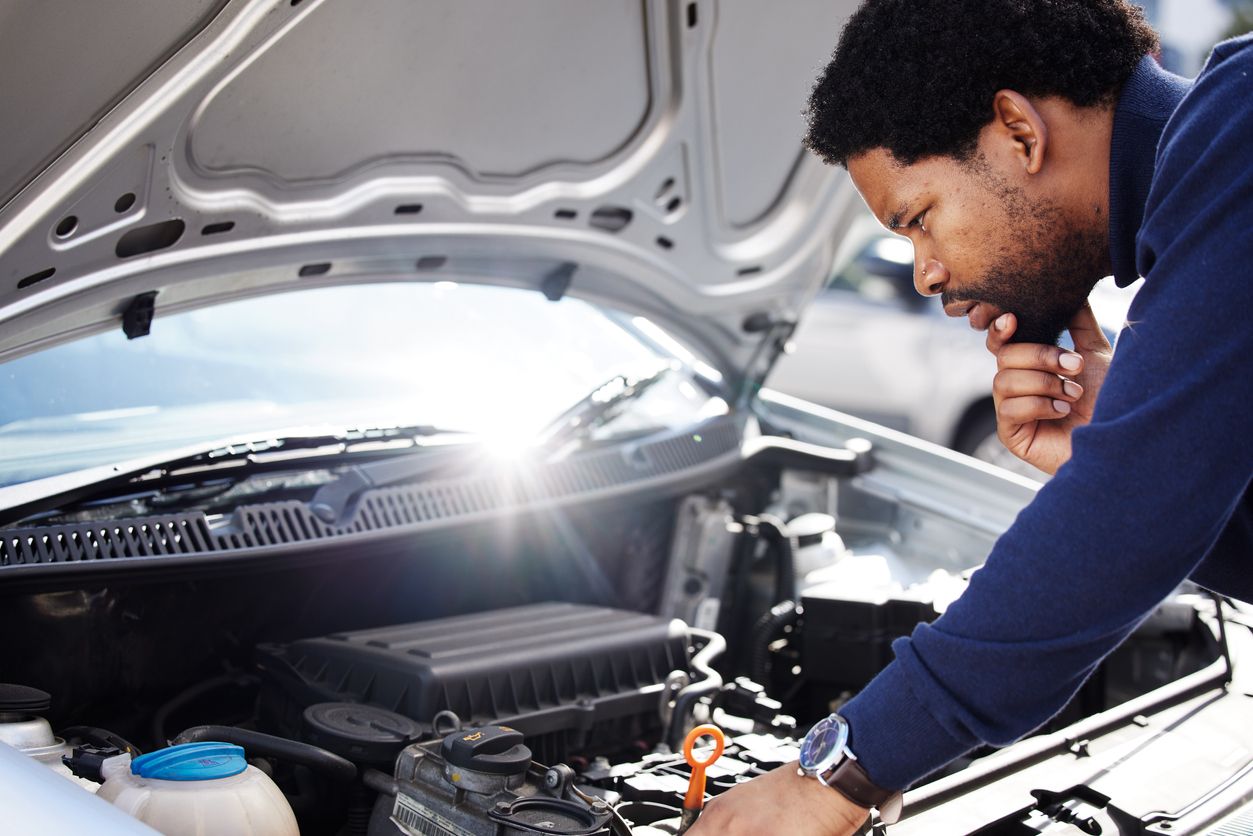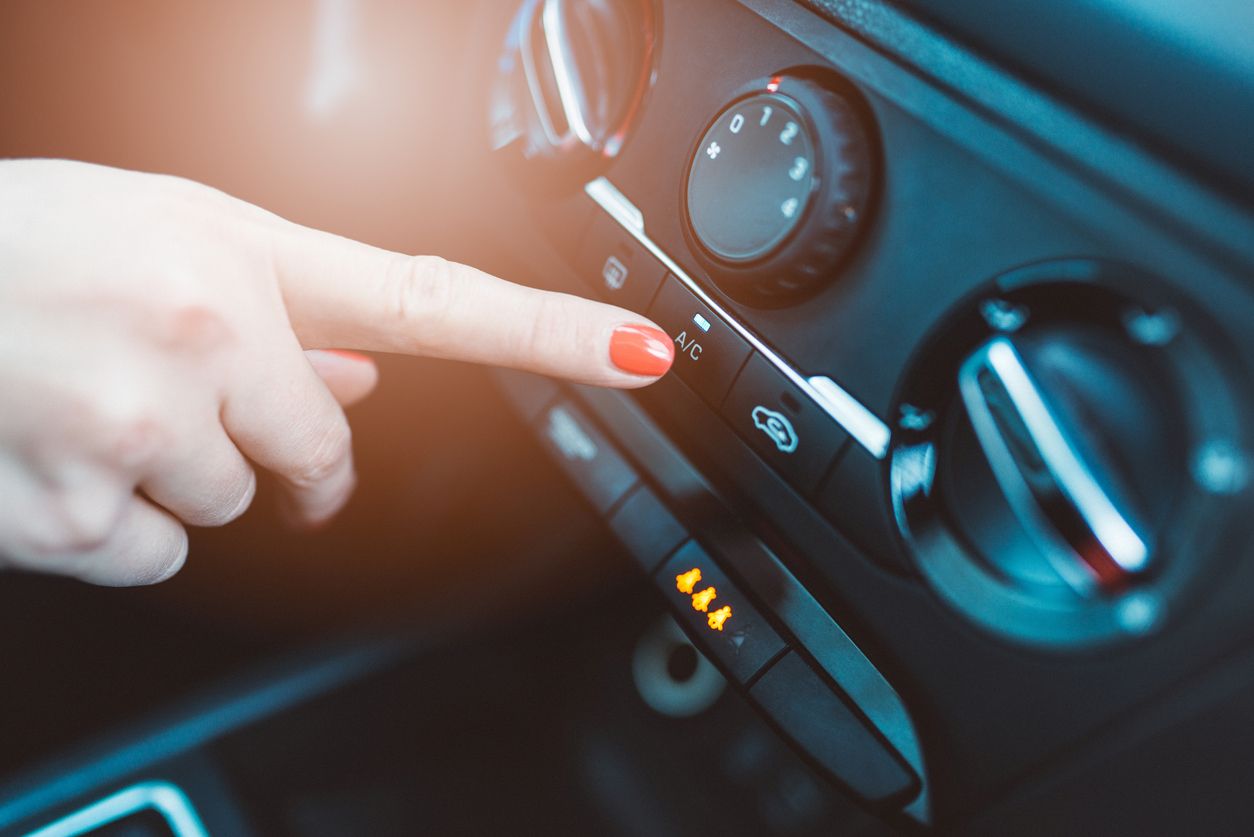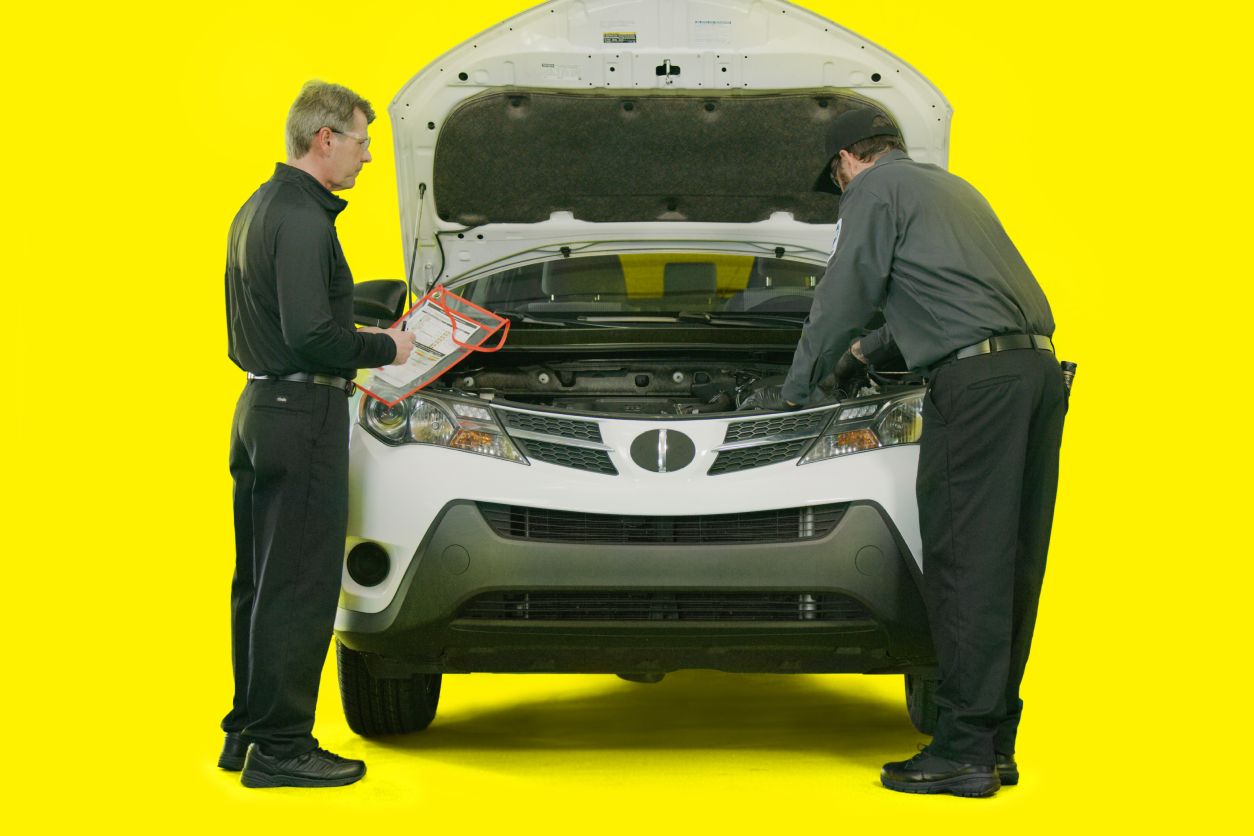Knock, knock! This isn’t the start of a joke – it’s your engine's sound while driving down the road. Hearing an unusual knocking sound coming from your engine can be concerning. If your motor is knocking, what does that mean? And even more importantly, how do you fix it?
Learn what causes engine knock, how to prevent it, and how to fix it when it does happen.
What Is Engine Knock?
Engine knock often occurs when the air and fuel mixture in the engine cylinders is not properly ignited in a controlled manner, or when metal components are hitting together that shouldn’t be.
When an engine functions properly, fuel (usually gasoline) is mixed with air and then compressed. A spark plug ignites the compressed mix, which then combusts. The explosion pushes the engine pistons down, which drives the engine’s power. This process is repeated over and over to power the vehicle.
When you hear the engine knocking on acceleration or continuously while driving, something may be causing the combustion to occur at the wrong time. Keep reading to learn why this could happen.
What Does Engine Knock Sound Like?
Engine knock is not always as evident as a loud, thunking, knocking sound when driving down the road. In fact, it can be pretty subtle, and if you regularly cruise with your music at full blast, you may not even notice it!
Engine knock can be a metallic pinging, a repetitive tapping noise, or metal plinking against metal. Depending on the cause and severity of it, it can vary in loudness, frequency, and exactly when it occurs. The most obvious times are usually when you’re accelerating.
Why Does Engine Knock Happen?
If you’ve experienced your car making a knocking sound, then a problem is likely occurring upon combustion within the engine. There are several possible causes for this:
1. Incorrect or Low-Octane Fuel
When you fill your vehicle with gas, you typically have several options for fuel type: regular, mid-grade, and premium. These fuel grades are also paired with numbers, which are the fuel's octane. Octane is a measurement that tells you how resistant a fuel is to abnormal combustion.
If you use a lower octane than recommended by your vehicle owners manual, the fuel can pre-ignite and cause engine knock. All vehicles have specific octane requirements; check your owner’s manual to see what the manufacturer recommends for your make and model.
2. Bad Spark Plugs
Spark plugs convert electrical energy into a spark, which ignites your engine's fuel and air mixture – making them crucial to your engine’s performance. If your spark plugs are old or faulty, they can cause fuel ignition problems and cause engine knock.
Spark plug replacement is part of your manufacturer’s suggested maintenance schedule. Check your vehicle’s owner’s manual or contact your local Tires Plus to find out when your spark plugs should be replaced or to have them inspected.
3. Excessive Carbon Deposits And Build-Up
Gasoline contains carbon, which can leave deposits and buildup on critical engine components like the combustion chamber surfaces. Although gas in the United States requires additives that help prevent carbon buildup, a small amount can still occur. When there’s carbon buildup in your engine, it can cause hot spots that make the air-fuel mixture ignite prematurely.
4. Incorrect Air-Fuel Mixture
The mix of air and fuel that goes into your engine must be precise for the engine to work correctly. If your vehicle has a malfunctioning sensor, vacuum leak, or fuel delivery issues, the air-fuel mixture can be too lean, meaning it has more air than a given amount of fuel. When you have a lean air-fuel mixture, engine knock can occur.
5. Overly Advanced Ignition Timing
Advanced ignition timing doesn’t mean it’s high-tech! If the spark plug ignites the air-fuel mixture too early in the piston’s stroke, then the timing is too advanced or occurs too soon. Overly advanced ignition timing can cause engine knock.
How To Fix and Prevent Engine Knock
Helping prevent engine knock can be as easy as keeping up with your regular scheduled maintenance! To start, ensure that your spark plugs are replaced when specified by the manufacturer.
In addition to your regular maintenance, fill your tank with the correct octane fuel every trip to the pump, even if your wallet protests at the higher price tag. While higher octane fuel is typically more expensive, you should follow your vehicle manufacturer's recommendations.
What should you do if your engine starts making noise?
So you’ve noticed a knocking sound under the car when driving. What now? If your car knocks when accelerating, or just driving in normal conditions, addressing it as soon as possible is essential. Have your vehicle inspected and diagnosed by a qualified technician as soon as possible. It may be as simple as a bad spark plug or require more complex repairs to diagnose the chain of problems.
Tires Plus Can Help Prevent and Fix Engine Knock
Don't let engine knocking linger; take action today by visiting your local Tires Plus. Our skilled technicians will diagnose and resolve the issue, restoring your engine's smooth, quiet function. Don't wait – schedule your service appointment today.


